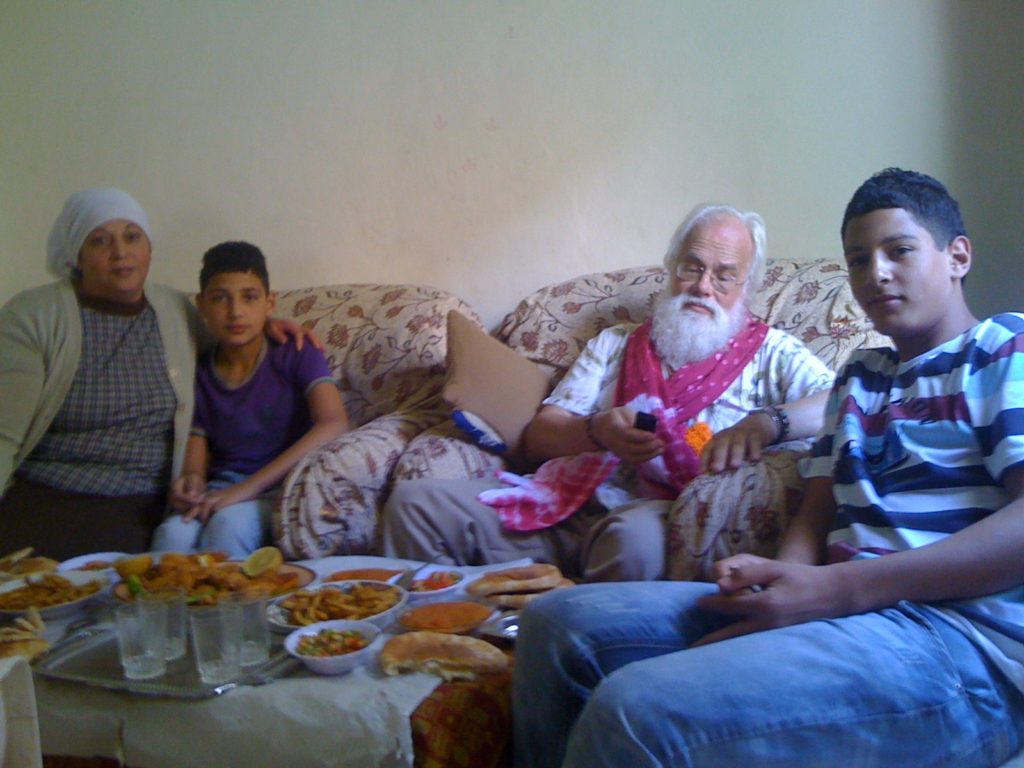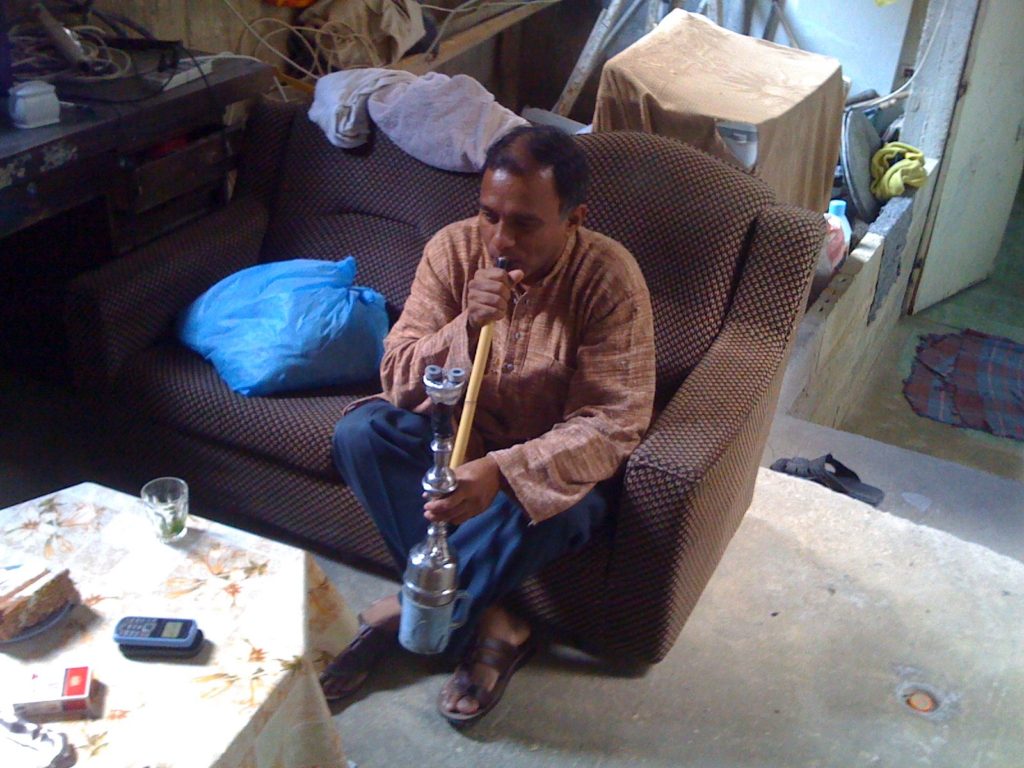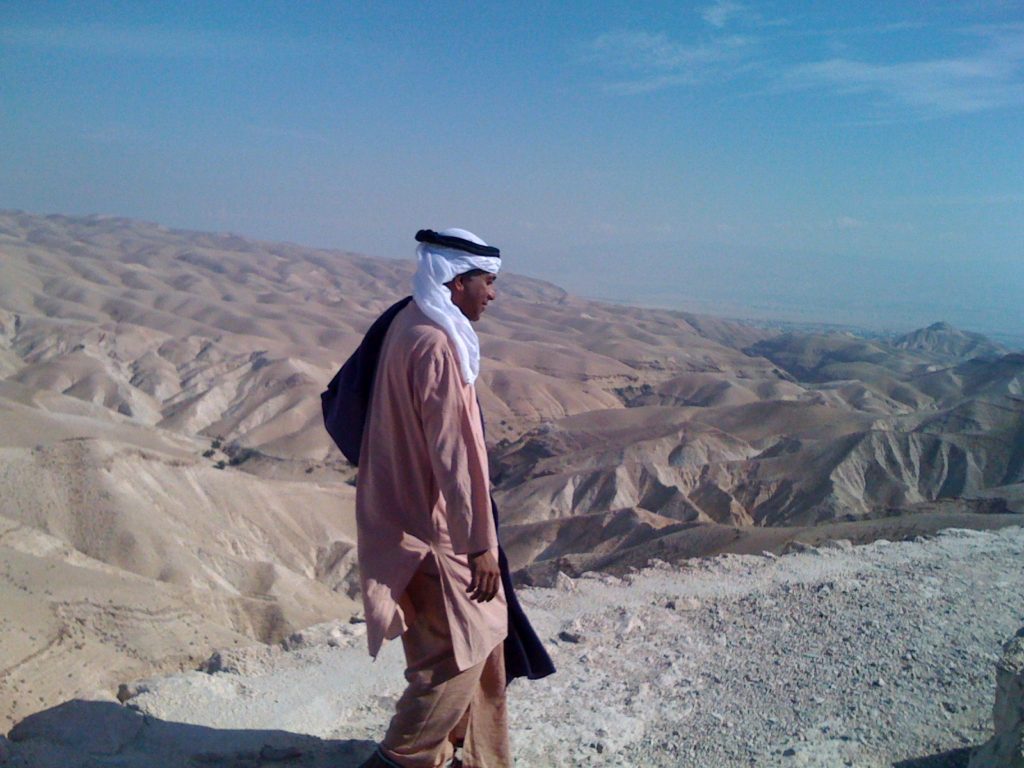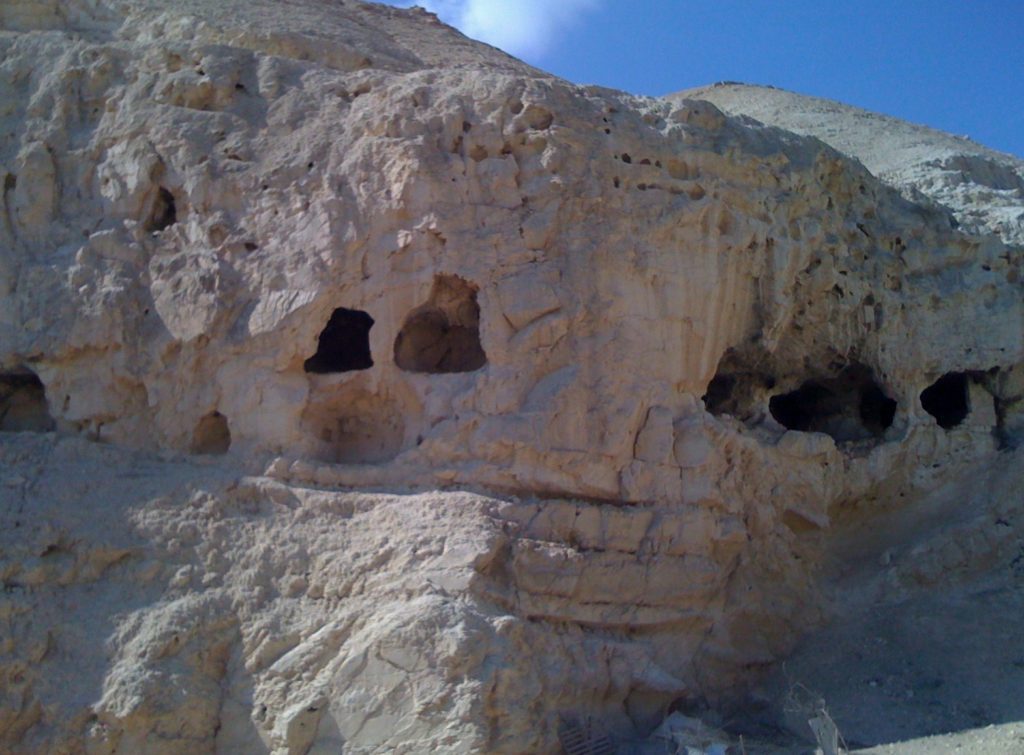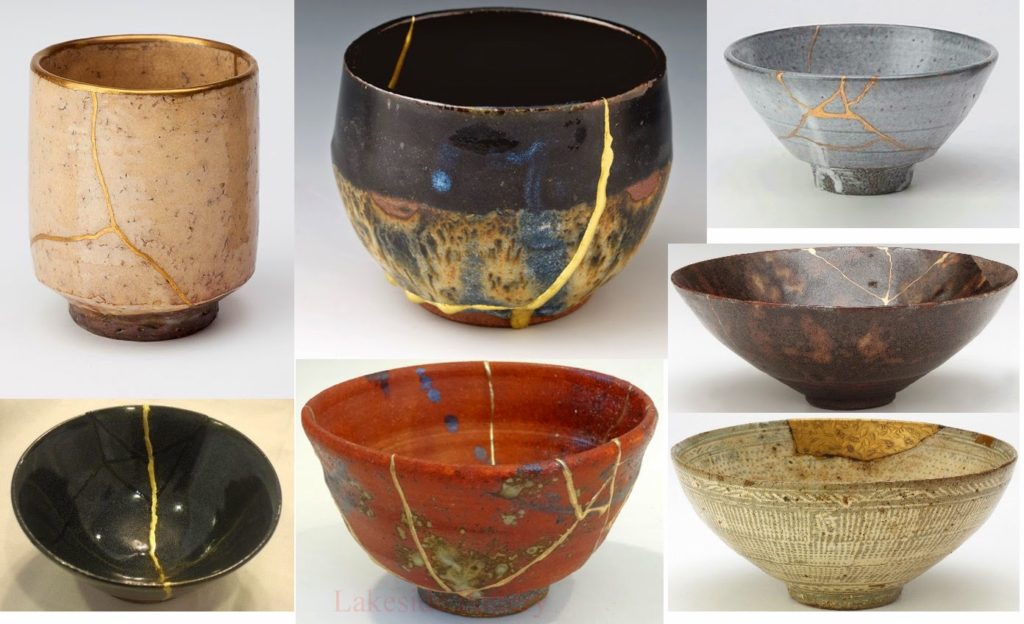Dear Br Charles, How did you receive the news of you being declared a saint? I ask this since your thinking and being went beyond the conventional ways. I am also aware of the fact that the official church did not respect your last will and transferred your remains to a Christian cemetery.
You had renounced the title of “Père” (father) and preferred “Frère” (brother) even though you were a priest. In Algeria, people called you a Christian marabout but you proved to them that you were their brother by receiving everyone especially the marginals in your abode. Revising the rule you wrote for the envisioned congregation, you cancelled the word ‘hermit’ and replaced it with brother.
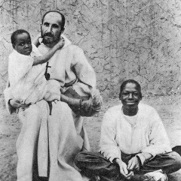
The zest for universal fraternity made you go extra mile to protest slavery. In spite of that, did you allow yourself to be a pawn in the hands of political powers with hidden agenda? Did you have a different plan though you had to take their support? Or is it that you were docile to the Master planner who outwitted you always? In any case it is evident that you gave up the military translator and took guidance of an expert linguist Motylinski to return to the basics of learning. You seemed to have been consumed by a love that cleared a new path of fraternalizing. You were in for a new adventure to the inner landscape of the blue people listening to their proverbs and songs. 10 years of your labour with metal nib dipped in camel urine on paper, brought to birth a dictionary, grammar and a book of poems in Tuareg language.
The Little Sisters staying in a hut at Madiwala slum, Bangalore, introduced me to your prayer and biography in 1984. The abstract texts on the philosophy of the other I was grappling with those days became palpable for me thanks to your life! The dream of universal fraternity had been sown in me by a one-act play Brother Wolf by Laurence Houseman from my college days. Lupo’s transformation from a man of violence to peace by the brotherliness of St. Francis tugged me away from my ambition of a career to truth seeking! The trace sketched by that story in my heart got a face when I understood how you went alone to live among total strangers in an unknown land of hostile conditions.
Your discovery of the taste for prayer among those who did not share your religion and culture confirmed for me the human capacity to relate to The Presence beyond name and form. Disenchanted with the church ceremonies, it was the solitude under the starry night sky that kept this precious gift alive in me. The vastness of universe glimpsed in total darkness left me in awe! Was it not the same infinite expanse that caught you unaware and turned your life upside down during your expeditions in sub-Saharan Africa?
The pilgrimage to the land of Jesus took you to an intuition that became a compass in your journey. I had my chance to get a peek into what you could have gone through during an International meeting of Franciscans at Jerusalem in October 2011. Bored up with talks and the guided tours, I took time out to soak in the ordinary daily life of people there.
Friar Louis Bohte who worked for peace and justice among Palestinians and Jews took me for such a stroll in Bethlehem. I noticed a protected cavern with a trough by the side of stairs to a house. It brought the Christmas scene alive in my inner eye. Invited by an Arab family in the refugee camp who shared their meal and the peace pipe, I could visualize where and how your passion for “leading the hidden life of Nazareth” sprang from.
I tried again to get into your sandals when I walked from Jerusalem to Jericho through the Palestinian desert much against the warning on the risks involved, by my confreres. Obtaining the needed permission, I set out on a one day pilgrimage on foot. The experience of losing the trail midway from Wadi Qelt to Jericho, opened my eyes to something which one learns only in helplessness! The kindness of Israeli soldiers and few bedouins helped me to get back on my path. I was reliving the parable of Jesus with a new twist – several good Samaritans! I began to get a feel of what you deciphered – the genetic code of the kingdom of God in human hearts!
The caves in the Wadi Qelt reminded me of the hermits who took distance from the Christian church domesticated by the Roman Empire. What led you into desert in spite of your wish to lead life of Nazareth? Did you battle with the dilemma of belonging or departing from the colonial ‘churchianity’? This tension is lived by many independent seekers whom I met personally – Yogi Kappen, Sadhu Videhi, Poojaji, Ananth Maash and Avadhut Joseph . It convinced me to learn from those who dared to go it alone in India: Sadhu Sundar Singh, Brother Thampi, Peter Reddy, Vandanaji and Prasanna devi.
You were a genius to live this paradox of finding wings to go beyond barriers, and put deep roots to touch the underground stream of universal spiritual quest. I try to emulate that difficult balancing act you were good at- to be free from organizational controls and find diverse expressions of unity.
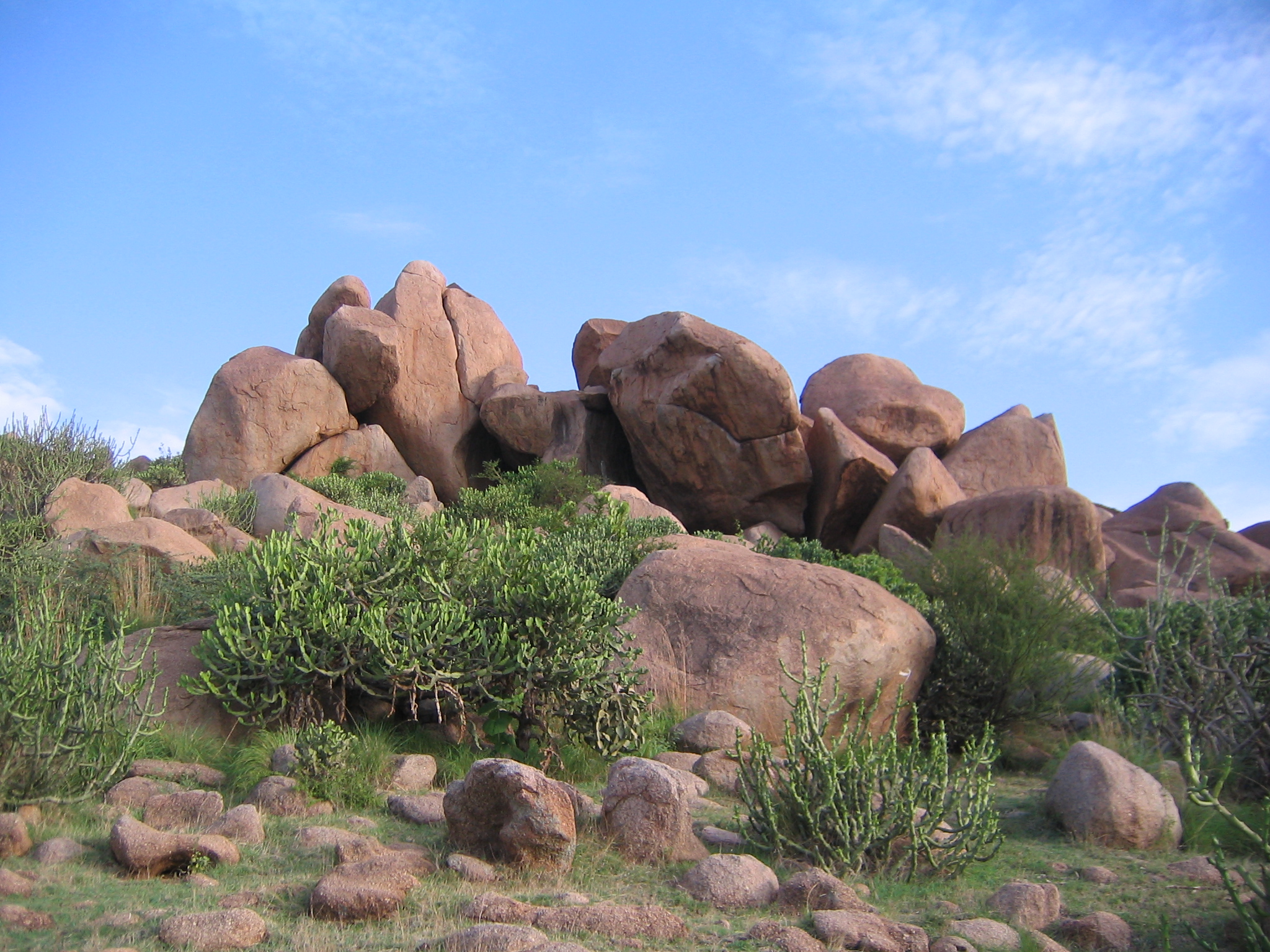
Caves, Bellary hills 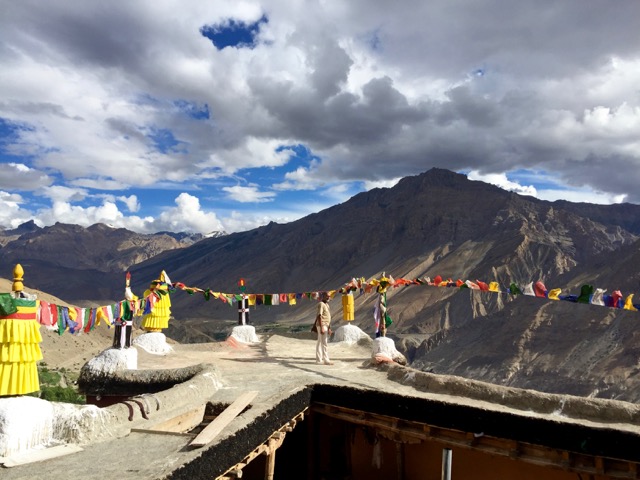
Cave terrace, Spiti
Your fascination for the desert is something we share in common. The solitude in the wilderness of the hot Deccan Rayalaseema and the stillness in the cold wilderness of Himalayas at Tibetan border exposed me to a naked reality of nature as well as own self.
What did desert signify for you? Was it a space to connect with inner self, away from the society which validates and rewards pretensions? The stories of desert hermits indicated to me this reality. My own experience of those who came and laid bare their inner turmoils revealed that people are looking for ‘safe spaces’ where they can be themselves and face their painful struggles without fear or shame. I sensed that your tent in the desert modelled after the Muslim Zaouias rather than a monastery held such a space of welcome.
Wherever you pitched your tent, you practised the nearness of that enveloping Presence with your spiritual guide’s accompaniment. Your restless kinaesthetic energy found hinges on which your life revolved- “food for the way” and the nourishment for neighbours. Was there a role reversal when you were nursed and clothed by those Imohag sisters and brothers when you were sick to the point of death?
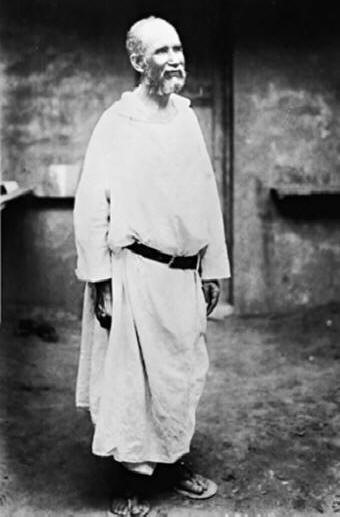
As a co-pilgrim with them you met the life giving sacred in the mundane! Did those graced moments lead you beyond the divisions maintained at great costs by organizational religions? Did you go through a dying and rising to new life that you needed no more the external symbols of the cross and rosary you used to wear on your gown?
The pandemic has exposed unseen masks of our social life! We live in new deserts of unsure care givers, lost leaders, vacant temples, insecure homes, clueless kids and virtual relations. Fears, anxieties, losses and traumas are all out there without disguise. You will understand the churning going on in many of us by the pulls of life’s transitoriness on one side and the treasuring of loving kindness on the other.
You came to terms with the fleeting life and yet found that buoyancy to celebrate it! You transmitted an authentic beauty of human bonding and healing which institutions and organizations fail to bring about. It is so relevant today more than ever.
I recall a scene from the film Life of Brian where a crowd comes to Brian declaring him messiah. Each time he denies, the crowd find all sorts of signs to prove that he is messiah. Finally the frustrated Brian says, “Ok. I am the Messiah… (the crowd prostrate). Now… all of you f***k off !” Fed up with our ceremonies and celebrations, would you tell us something to that tune? In the same scene, few from the crowd with confused faces ask: “Lord, please tell us how do we f***k off?” Hope you will not hear such petitions from us. I am sure you must be having a good laugh and praying that we value ourselves as Kintsugi bowls with our chinks and cracks as beautified by the Almighty artist!
With all your inconsistencies, you remind an insight lost to us the pedestal makers: our faults and failures cannot hurt God who sees our hearts! As a perfectionist, I am consoled to learn from your life that genuine holiness is enduring imperfections patiently- my own and others’.
